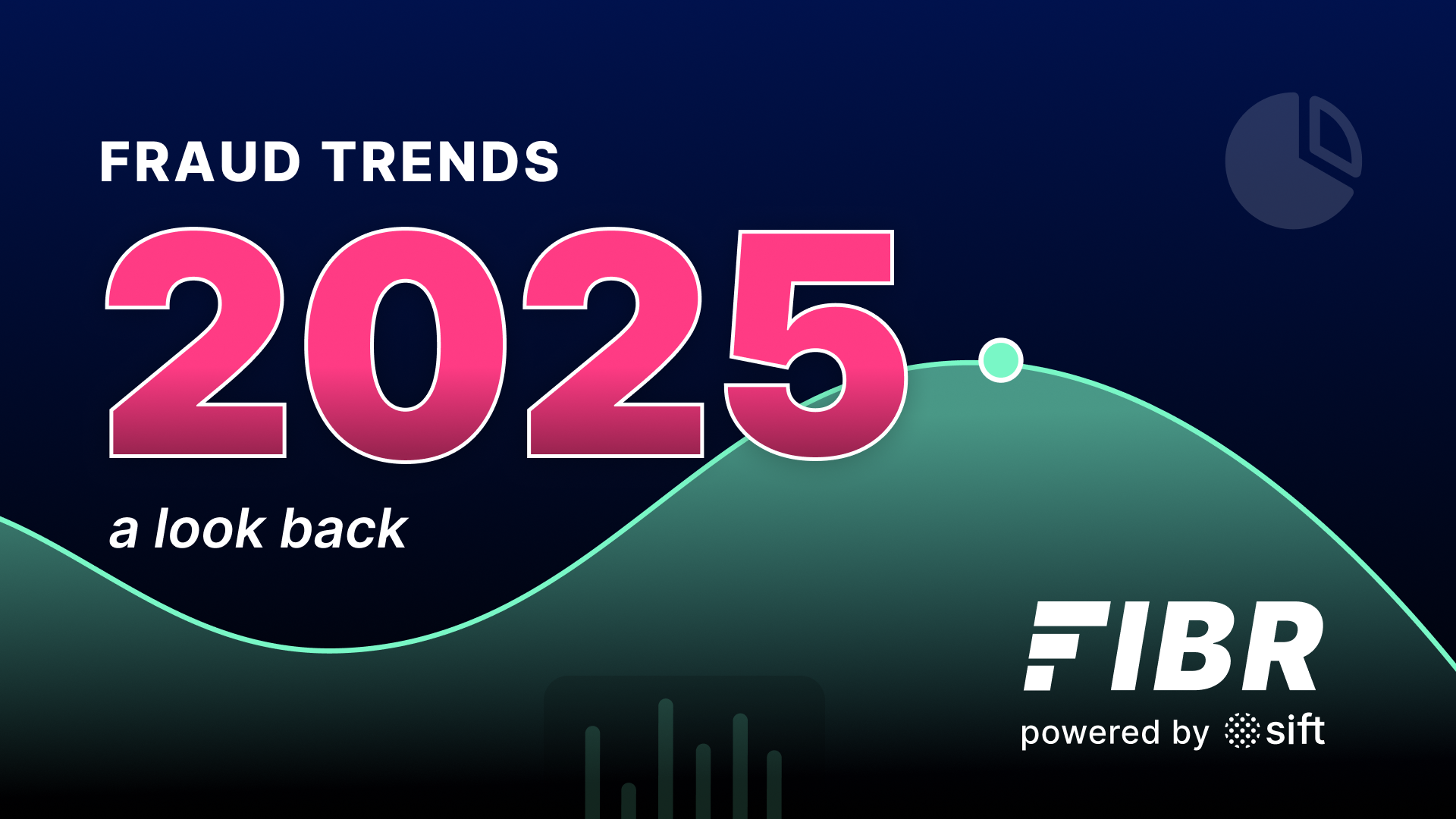The holiday season is officially upon us and shoppers are spending, both online and in-person. On Black Friday alone, online shopping sales hit $9.12 billion, coming in over 2% higher than the previous year. However, this number is not adjusted for higher costs due to inflation. While sales are strong, the current economic climate means that consumers are looking for discounts, which can make them especially vulnerable to fraud this year—and merchants need to take note. In the below roundup, Sift’s Trust and Safety Architects reveal how merchants can stay ahead of fraud this holiday season, the need for crypto companies to address fraud in light of recent events, and how fraudsters are already taking advantage of a potential recession.
Holiday season brings new fraud risks
Merchants are facing multiple challenges this holiday season, from inflation to reduced budgets and resources, and losing revenue to fraud may make more of an impact this year. Account takeover attacks (ATO) in particular have been accelerating, rising to over 60% on Black Friday compared to the rest of the year. “Fraudsters can now easily turn to nefarious marketplaces like Genesis to purchase stolen account details at astonishing scale, or get similar information from more accessible fraud marketplaces in the Telegram messaging app,” warns Brittany Allen, Trust and Safety Architect at Sift.
Read more about the type of holiday fraud merchants should watch for in our blog and explore Sift’s recent ATO findings in VentureBeat.
Recession-era fraudsters are already here
Beyond the increased fraud risks brought on by the holidays, merchants need to be on alert for fraudsters taking advantage of economic uncertainty to accelerate their attacks. While there’s still debate whether we’ve officially entered a recession, recession-era fraudsters are already among us. And with many businesses working with more limited budgets and resources, having an effective fraud prevention strategy is key to retaining revenue during this challenging time.
“If businesses allow themselves to fall behind, fraud teams won’t keep pace with cybercriminals once the economy rebounds,” says Allen. See what else Allen had to say about the threats merchants should prepare for in Digital Transactions.
Fraud prevention crucial for crypto
The cryptocurrency market continues to suffer from this year’s downturn, and its susceptibility to fraud has seriously damaged consumer trust and slowed the industry’s recovery. Scams such as ‘Pig Butchering’ have even caught the attention of the government, as Sift Trust and Safety Architect Jeff Sakasegawa explores in his conversation with U.S. Secret Service Special Agent in Charge Shawn Bradstreet.
The recent collapse of crypto exchange FTX is another blow to the industry, in addition to consumer concerns around security. Ultimately, it is up to crypto companies to focus on effective fraud management solutions to regain consumer confidence and revive interest with investors and customers.
Sift Trust and Safety Architect Brittany Allen recently spoke to eSecurity Planet to explain how machine learning can be an important tool to keep crypto companies and customers safe.
Automation and machine learning, Allen points out, “allows cryptocurrency companies to automatically stop fake account creations, defend against account takeover attacks and secure every transaction on their platform to mitigate cyberattacks and ensure bad actors aren’t sowing distrust in their platforms.”
Examine the best fraud management strategies to withstand current economic challenges in our guide.







